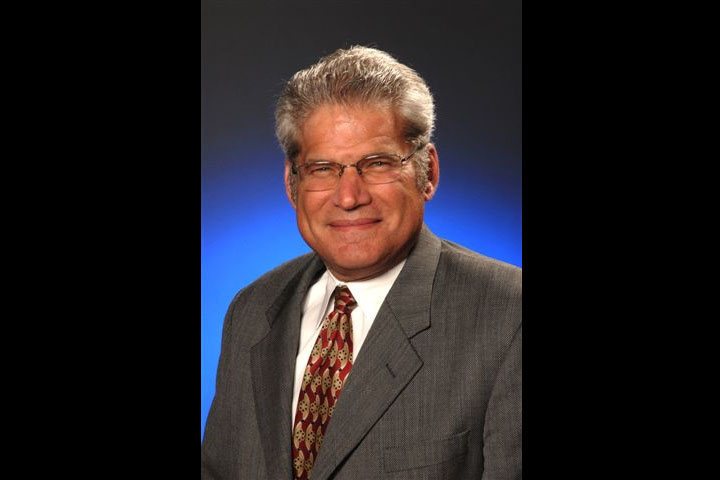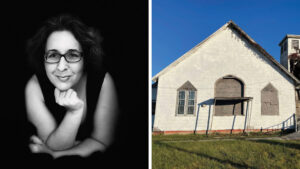When getting older, many people start thinking about putting their affairs in order. Whether it’s looking into caregivers, purchasing life insurance policies or creating a will, there’s a lot to consider, especially when it comes to dividing up assets.
Planned giving is one manner in which individuals can allocate assets to those other than family members.
“Your legacy will often include your family, but it doesn’t have to be exclusively to your family,” says Joel L. Simon, director of principle gifts at LifeBridge Health. “Making a philanthropic gift through your testamentary plans is an additional way to continue your legacy in the place you made your life and your living.”
Jmore recently spoke with Simon, an attorney, about planned giving, as well as about the LifeBridge Health Glazer Legacy Society, named in honor of noted Baltimore philanthropist Lowell R. Glazer.
Jmore: What exactly is a planned gift?
Simon: Planned giving, which is also called deferred giving, encompasses two things: one part is leveraging the tax code to give in the most tax efficient manner. Studies show people don’t give because of the tax deduction, but the tax deduction will structure how they give and how much they give.
The second part of planned giving is the ultimate, final gift made through your testamentary plans. Under Maryland law, if you do not have a will, your money goes to specific family members, and if you have no family it goes to the local board of education. If people don’t want money going to family members, they have to do a will or another strategy in order to give their assets to the people and charities of choice.
What kind of planned gifts are there?
The simplest and most common type of planned gift is through your will, by leaving a fixed amount of money or percentage of your estate to your favorite charity or charities. You can also make the charity the beneficiary of your life insurance or retirement account.
There are also income-producing gifts, which is when you give money to a charity and then have income for the rest of your life. With income-producing gifts, the donor gives money to a chosen charity and that charity promises to pay the donor for a period of time.
Then, whatever is left of the money when you pass is used for the mission of the charity. The benefit of this type of planned giving is that since you are alive to make the gift, the charity can say thank you and the donated money can go to use immediately.
What is the Glazer Legacy Society?
The LifeBridge Health Glazer Legacy Society, which currently has 54 members, is a group of individuals who have let LifeBridge Health know that one of its institutions — which includes Sinai Hospital, Northwest Hospital, Carroll Hospital or Levindale Hebrew Geriatric Center and Hospital — is part of their estate plan. For the majority of members, this means LifeBridge Health is in their will and we will get a percentage of their estate or a fixed monetary amount upon their passing.
We often receive gifts from estates without knowing ahead of time that we were going to receive those gifts, and the idea behind this society is that we can celebrate the supporter during his or her lifetime.
Why is it called the LifeBridge Health Glazer Legacy Society?
We went to Mr. Glazer and asked to name this society after him as an honor because of his generosity and involvement with our institutions. Mr. Glazer, who has supported us for over 25 years through both financial contributions — including bequests — and volunteer work, is the honorary chair of the society and believes that the hospital employees, doctors and nurses really make the hospitals what they are.
What about those who don’t want to be acknowledged for their planned gifts?
Planned giving is about leaving behind a legacy. A planned gift is often the most intimate gift a person can make, as it is part of their legacy and their final statement of support and affection for an institution or charity.
We understand that some people want to be private about the gift. We have many donors who remain anonymous, and we respect that. However, it is nice to be able to say thank you, and for those who want to be acknowledged, the LifeBridge Health Glazer Legacy Society is a way for us to thank those who support us.
Any other information people should know about planned giving?
Planned gifts are more complicated than just writing a check. It’s important to meet with a financial adviser or accountant because a big part of a planned gift is being tax efficient, and there are definitely ways in being incredibly tax efficient when planning your gift.
For information, visit lifebridgehealth.giftplans.org.
Aliza Friedlander is a Baltimore-based freelance writer.





